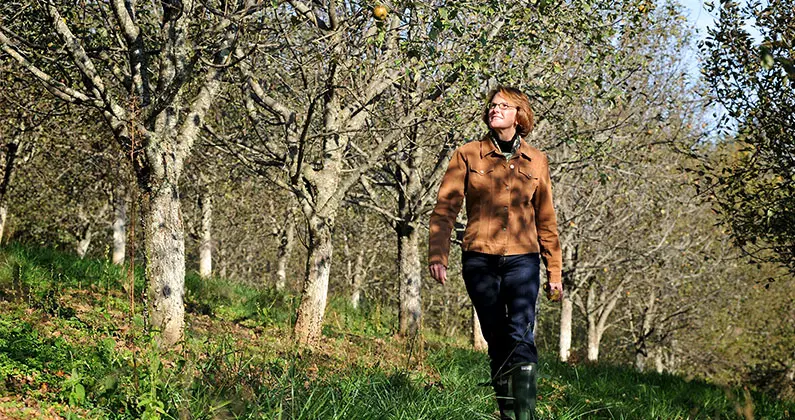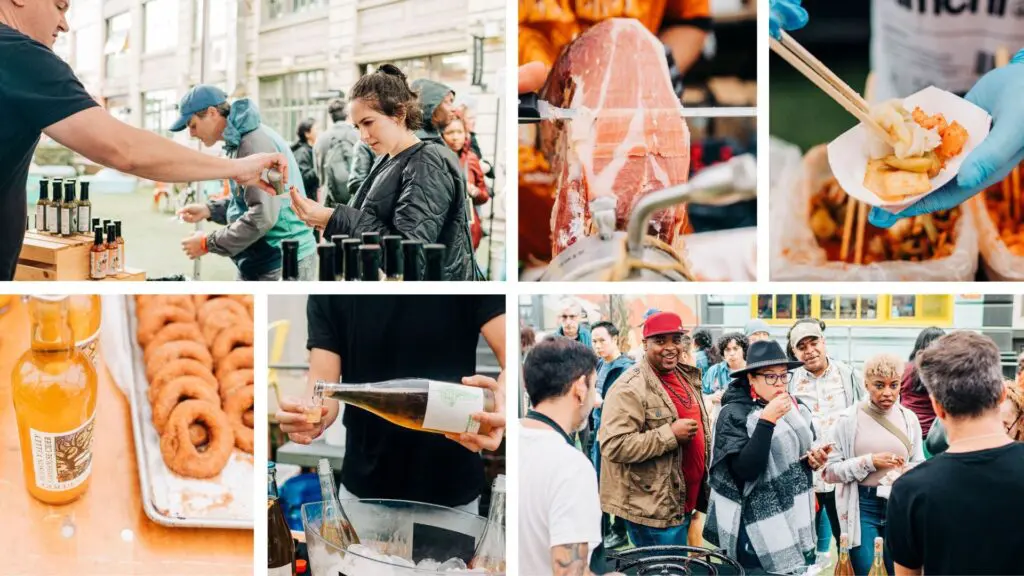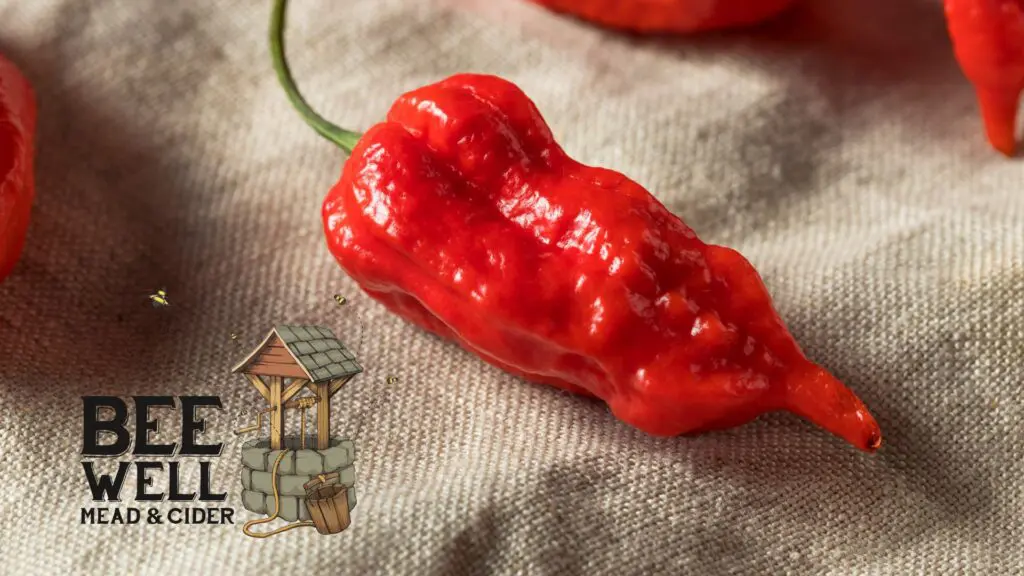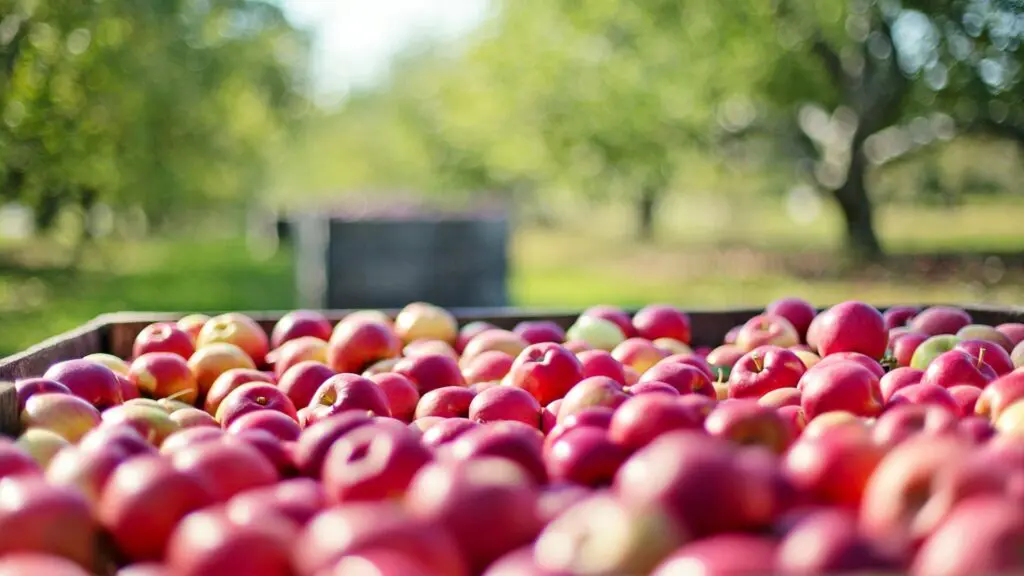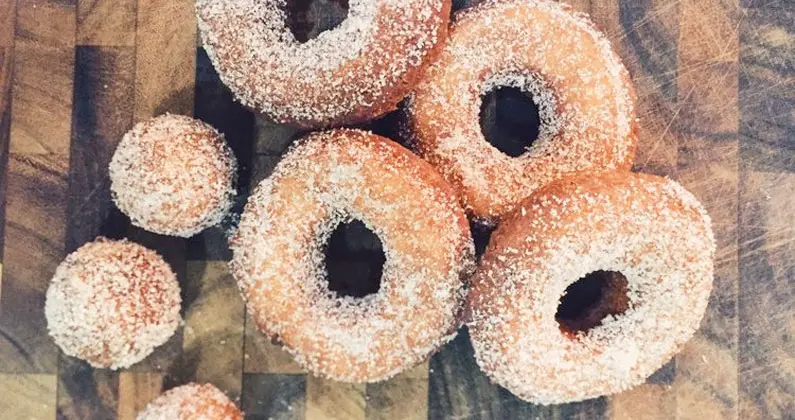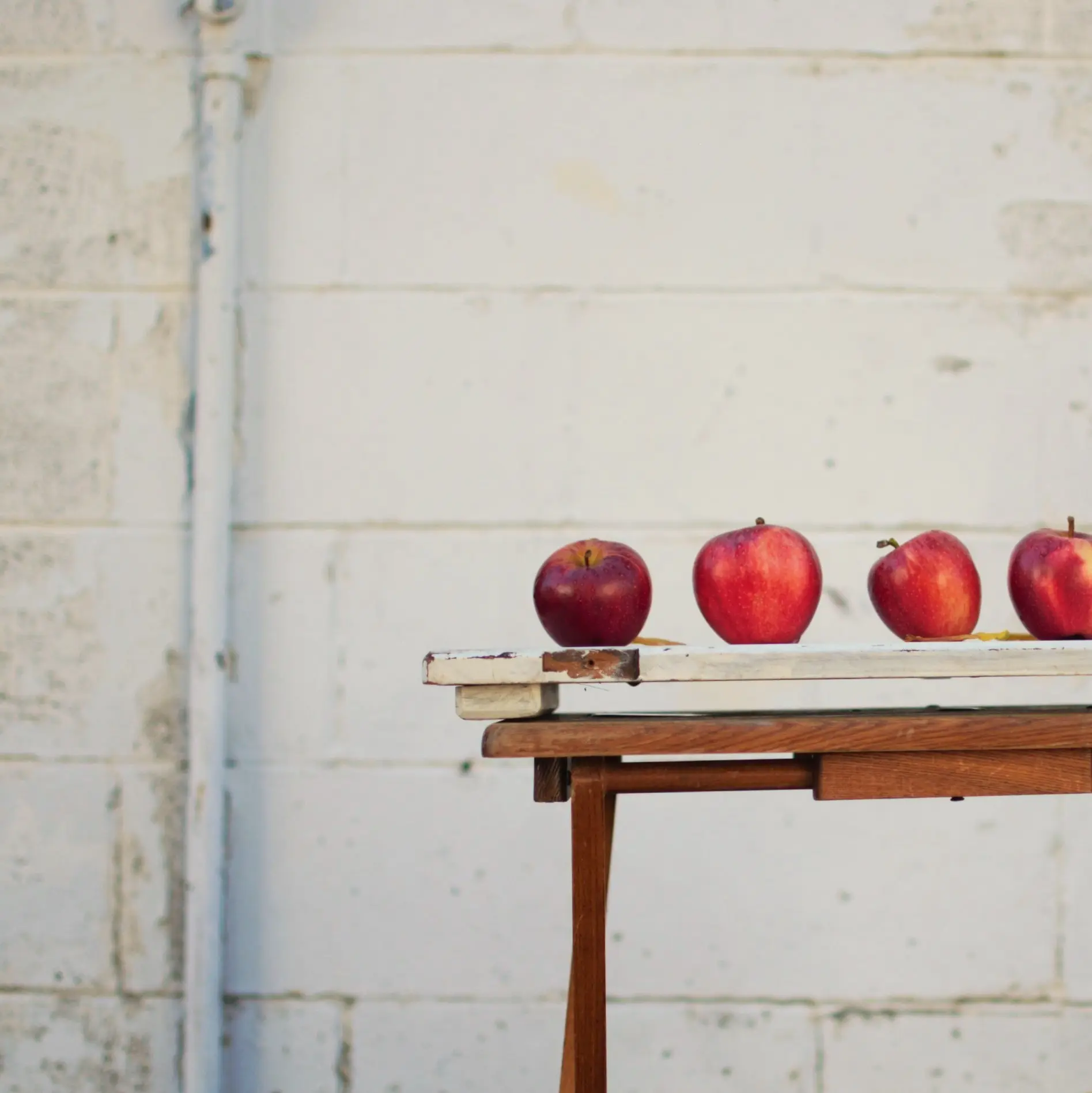For over 20 years, Diane Flynt has been growing apples on her farm in southwest Virginia. She and her husband Chuck started making orchard-driven cider in 2004, with the first sales of Foggy Ridge Cider occurring in 2005. Flynt announced the cidery’s last year of production would be 2017, turning her focus toward her orchards. Last year they sold more cider than ever before, Flynt has been nominated four times for a James Beard Foundation Award and was a finalist for Outstanding Wine, Spirits, or Beer Professional in 2017. Her creation, First Fruit, won a 2018 Good Food Award for the final, 2017 vintage of the cider.
In November 2017 you announced Final Call would be the last Foggy Ridge Cider ever made. What’s next?
In the last few years I’ve been making a renewed investment in the orchards. We have three orchards, first was my test orchard planted in 1997 with 30 different cider apple varieties. Raul Godinez, of Countryside Farm and Nurseries, and I are top working [grafting scion wood onto the base of a mature tree] the varieties that have proven to be not as valuable in making complex cider. I’ve top worked some over to Redfield and Dabinett that I wanted more of. Taking my orchard and making it more of a production orchard, I’m set up to sell apples that nobody else is growing. When you top work you really get such fast growth because you’re working off a 20-year root system. We plan to sell our cider apples to the cider industry as a full-time focus.
Do you have an overarching philosophy or governing practice for your orchards?
I view cider apple growing as ingredient production for good cider. So everything I do in the orchard is about the health of the tree and the flavor of the fruit. Now if you really dig down into that, it means you need to practice good farming practices. And a lot of those practices are old-fashioned practices, like not killing all your plants — the plants that insects live on and provide food for your pollinators all year — and feeding your soil and all those common sense, good agricultural practices. I think now some of them have labels like “sustainable farming” or “permaculture.” I think those movements are full of wisdom. There’s also a lot of crap out there, like “planting by moonlight,” and some of that just does not make any difference and it’s more romance than reality.
The way cider is being talked about has changed since you first started. Do you regard certain cider descriptors as more meaningful than others?
Here are my thoughts: “craft” is from the beer world, and the name doesn’t have any meaning in the cider world. So craft is a beer-borrowed term. The trouble with “artisan” is Wendy’s has an artisan breakfast sandwich and there’s artisan pizza from Pizza Hut so that word has lost currency. With beverage professionals, distributors and sommeliers, I use the term “fine cider” because they understand fine wine. They know the difference between Yellow Tail and Châteauneuf-du-Pape. This is a way to say there are cider brands — Farnum Hill, Eden and Foggy Ridge — that are fine cider. I use that term and I think it’s the best term, people think it sounds snooty but it connects well with the people who are buying your product. With consumers I’ll often use “orchard-driven cider” or “orchard cider.”
This article originally ran in the Vol. 11 of Cidercraft Magazine. For the full story and more like it, click here.

